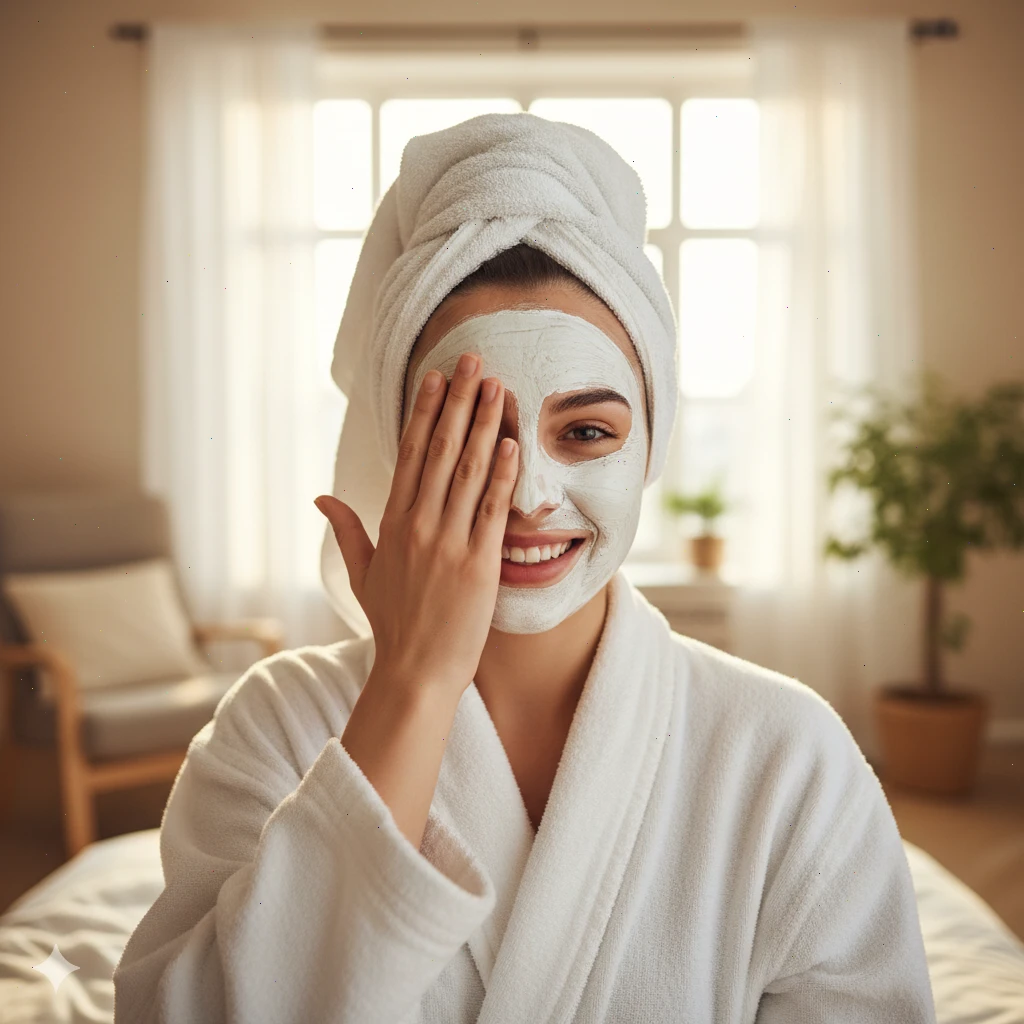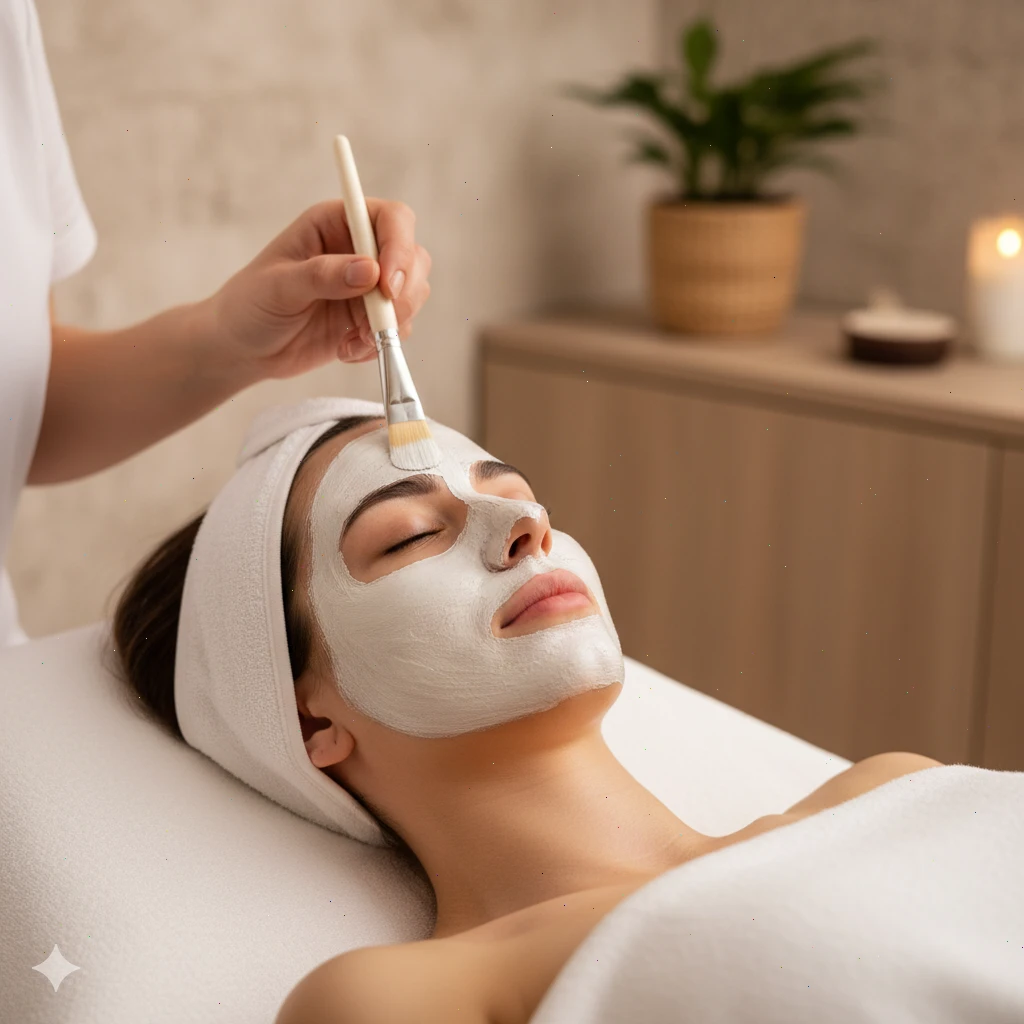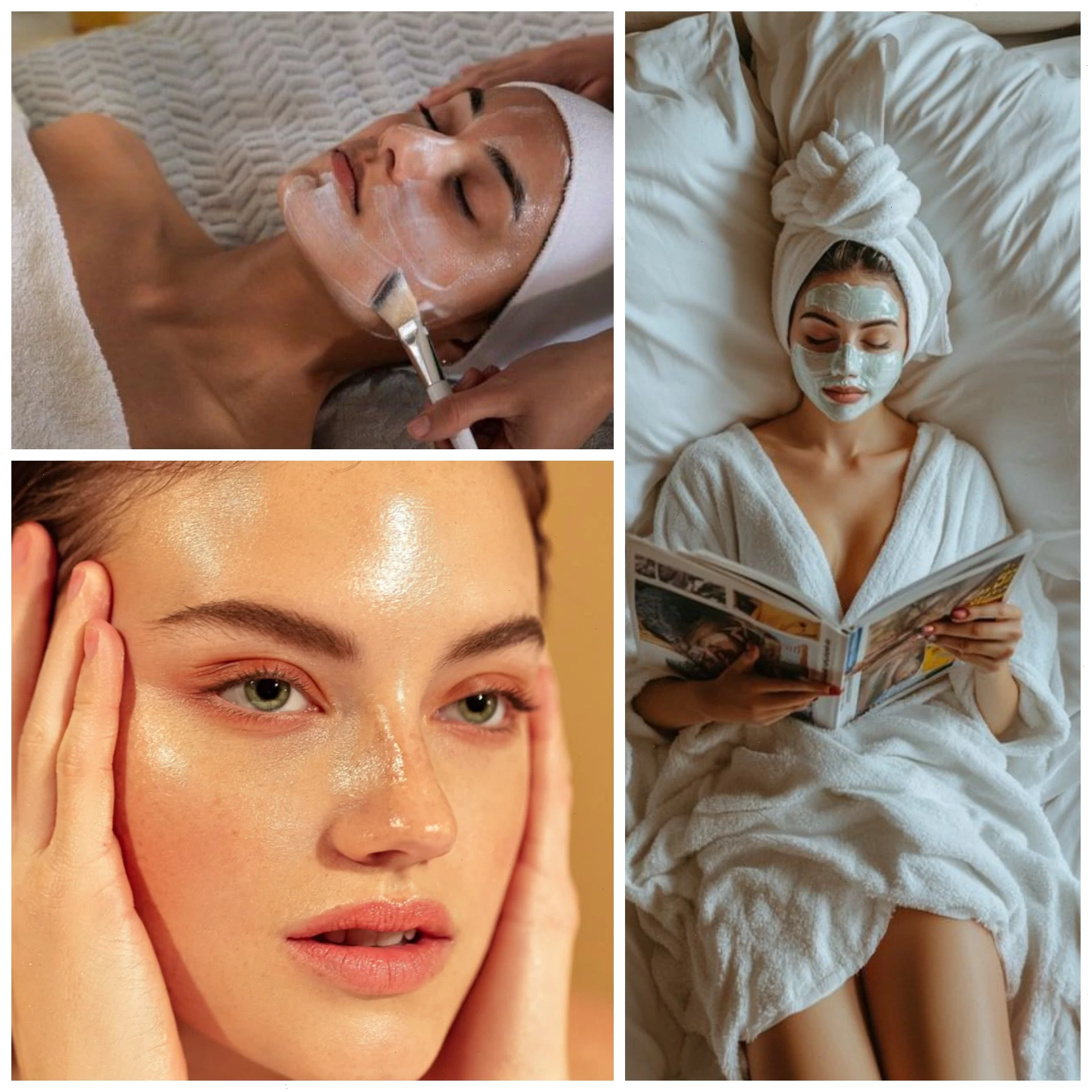Why Does Skin Shine and How to Get Rid of Excess Oil?
Everyone’s obsessed with glowing skin these days! First, we had Dolphin Skin, then Hailey Bieber made Glazed Skin trendy, and now everyone’s talking about Mirror Skin.
But here’s the thing — there’s a big difference between a healthy glow and plain old greasiness.
Let’s break down why your skin gets shiny and how to restore its natural balance.
How to Know Your Skin Type
Not every shine means oily skin. Even dry skin sometimes looks shiny when it’s dehydrated.
If your face is always shiny, your sebaceous glands are probably working overtime — that means you have an oily skin type.
But if the shine comes and goes, it’s usually caused by outside factors: heat, stress, hormones, or unsuitable skincare products.
Why Does Skin Get Shiny? Let’s Look at the Causes
A little shine isn’t bad — but too much means your skin needs some help.
1. Too much sebum
Hormones, stress, diet, or the wrong moisturizer can cause your skin to overproduce oil.
Try adjusting your nutrition and switch to gentle cleansers that don’t strip your skin.
2. Dehydration
Even oily skin can be dehydrated!
When your skin lacks moisture, it compensates by producing even more oil.
Drink enough water, avoid hot showers, and use a lightweight hydrating cream or serum.
3. Over-exfoliating or using harsh products
If you scrub too often or use cleansers with alcohol, you weaken your skin barrier.
The skin then goes into “defense mode” and produces more oil to protect itself.
Stick to mild cleansers and limit peels or acids to once or twice a week.
4. Vitamin deficiency
Shine can also be a sign that your skin lacks vitamins A, E, D, or essential fatty acids.
Eat more vegetables, nuts, and fish — your skin will thank you!

How to Reduce Oily Shine: Simple Tips and Tricks
You can’t completely eliminate shine — especially if you have naturally oily skin — but you can balance it with the right routine.
If your skin is dry but sometimes shiny, your skincare needs adjusting.
Your cleanser, moisturizer, and SPF should all be gentle, non-comedogenic, and free of harsh acids or retinoids
.
Ingredients That Really Help
Dermatologists recommend looking at ingredient lists — some components actually regulate oil production and make skin healthier:
- Retinol (Vitamin A): helps renew skin and smooth texture.
- Hyaluronic acid: deeply hydrates and plumps.
- Vitamin C: brightens and protects from environmental stress.
- Zinc + Niacinamide: reduce oiliness and inflammation.
- Bakuchiol + Papain: gentle, plant-based alternatives to retinol and acids.
Professional Treatments That Work
If home care doesn’t help, you can visit a dermatologist or aesthetician.
With proper guidance, professional treatments can really improve your skin.
- Facial cleansing: removes blackheads, unclogs pores, and evens skin tone.
- Peels: renew skin texture and smooth roughness.
- Mesotherapy, microneedling RF, or laser resurfacing: great for acne marks or uneven texture.
Always consult a professional first to choose the best option for your skin type.

Final Thoughts: Love Your Skin!
Shiny skin isn’t always bad — and it doesn’t always mean it’s oily.
The key is understanding why it happens, avoiding harsh routines, and staying hydrated.
With the right balance, your skin won’t look greasy — it’ll have that healthy, radiant glow everyone dreams about.
You may also like:








